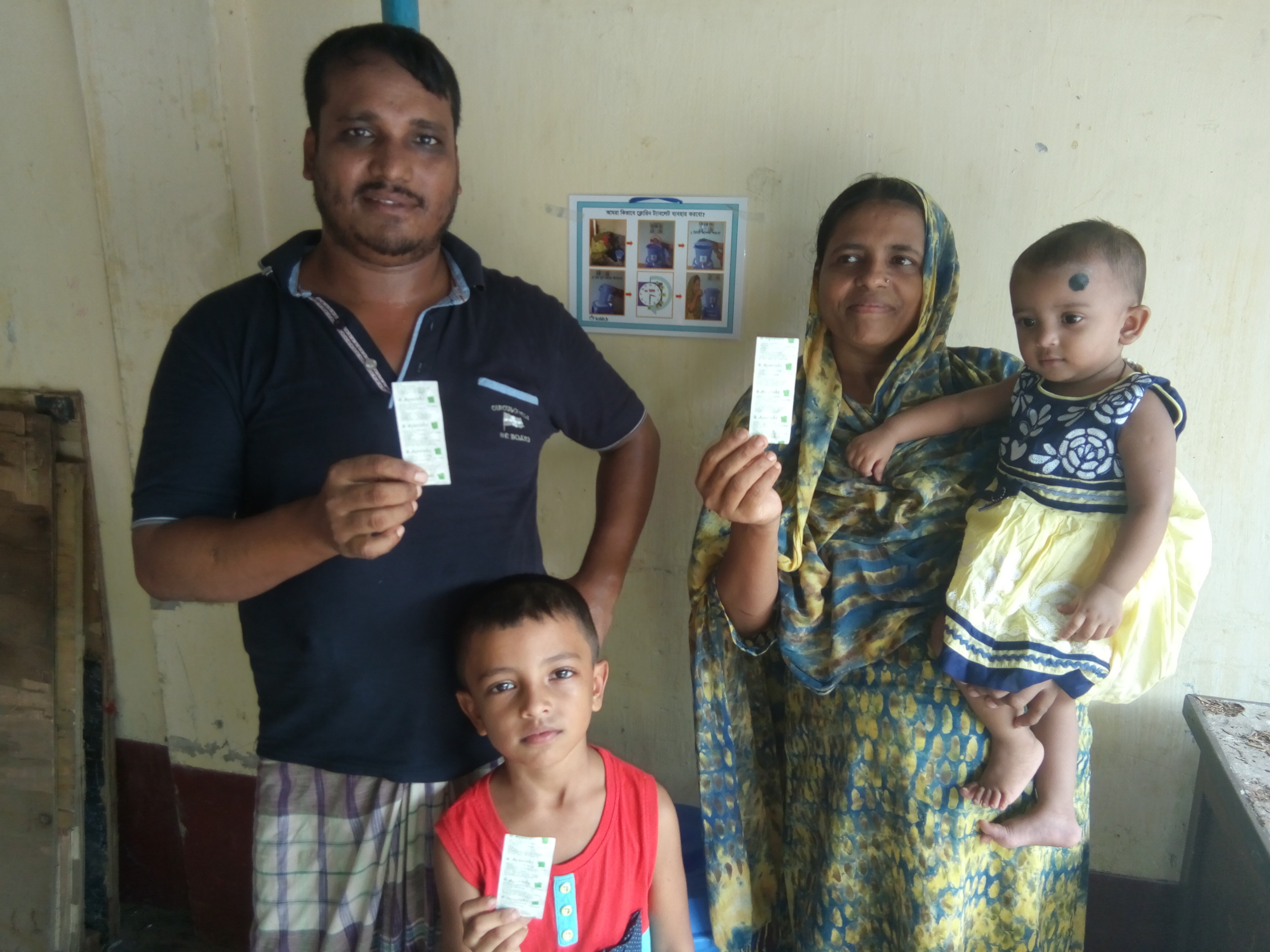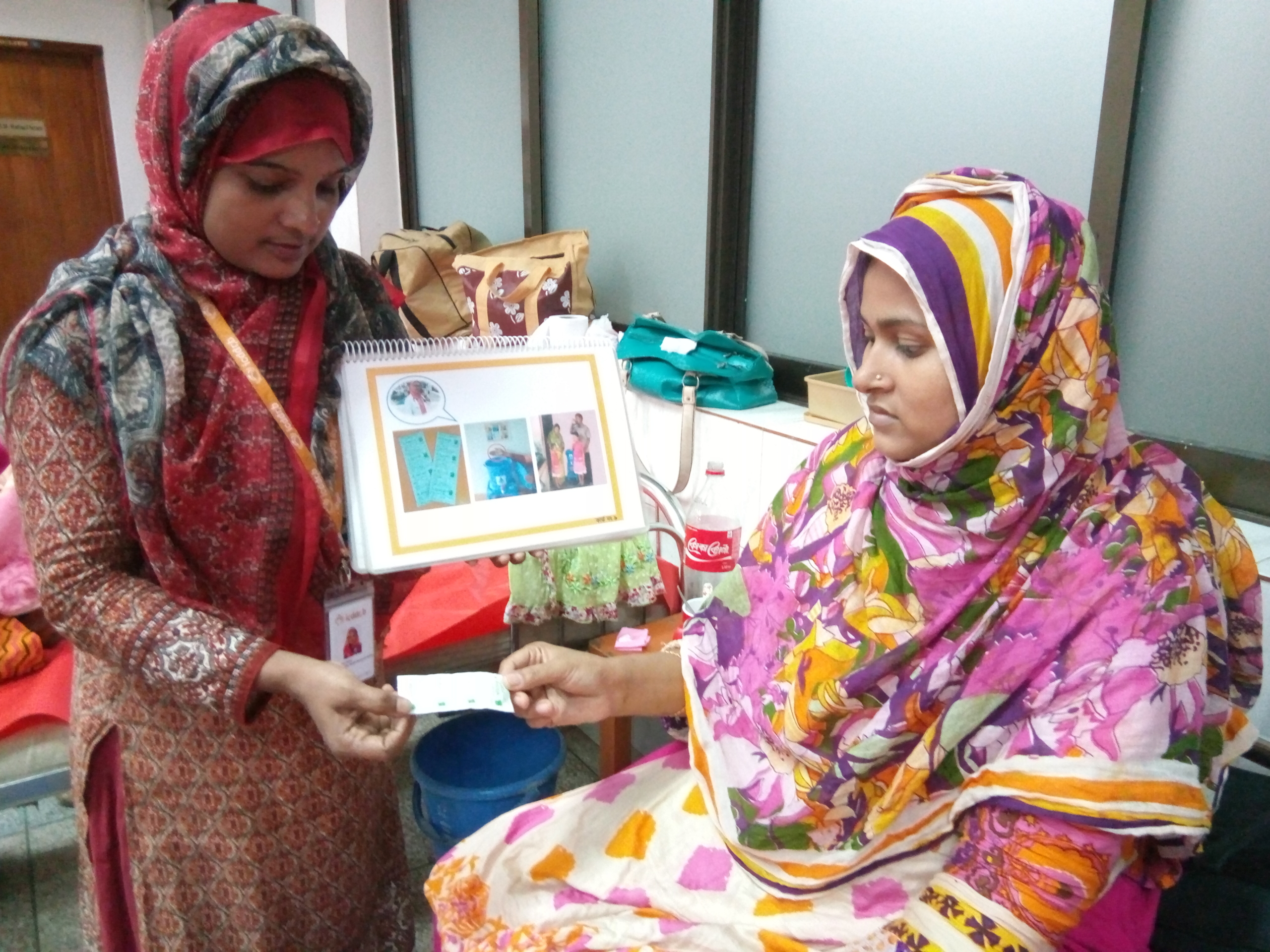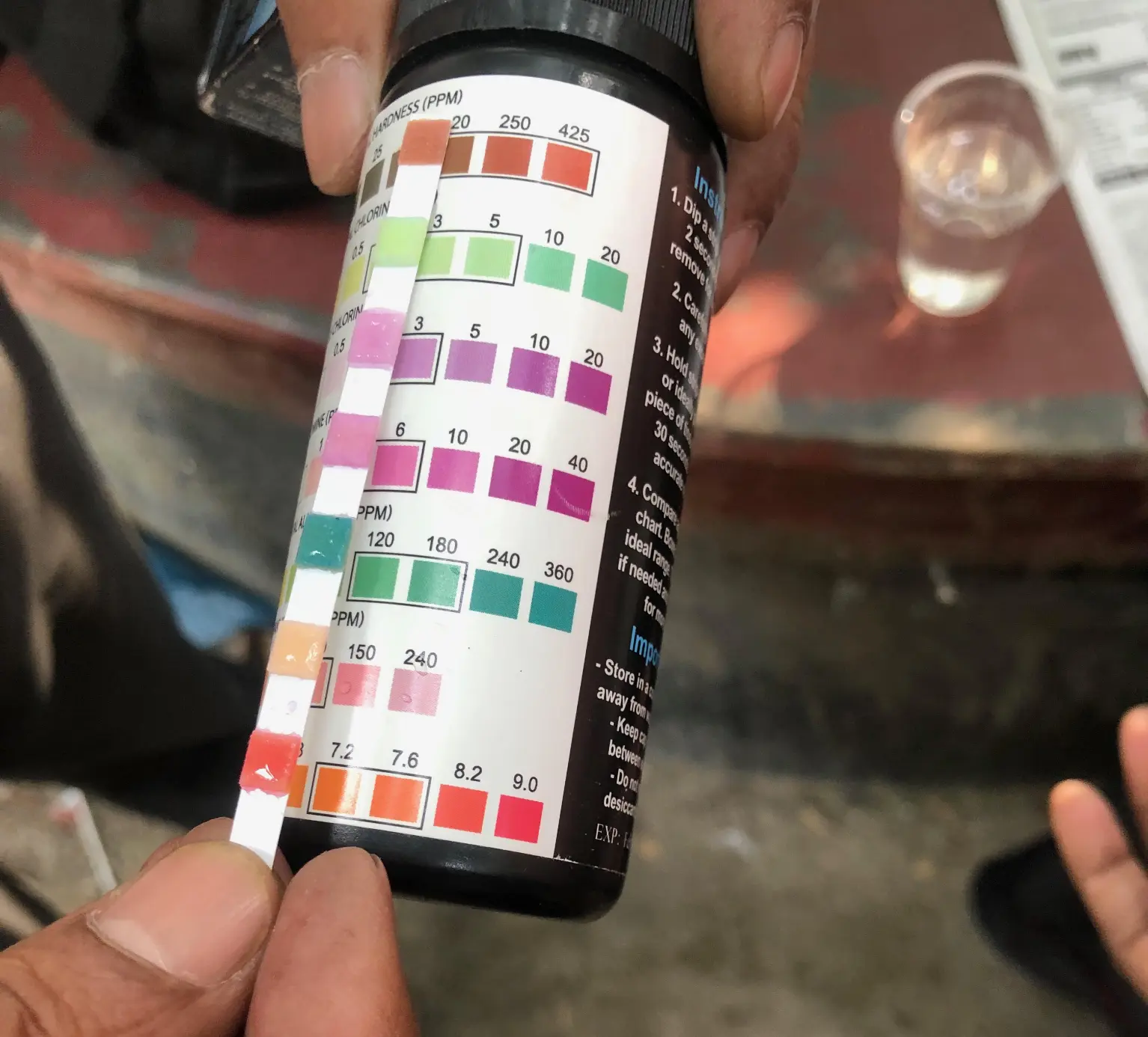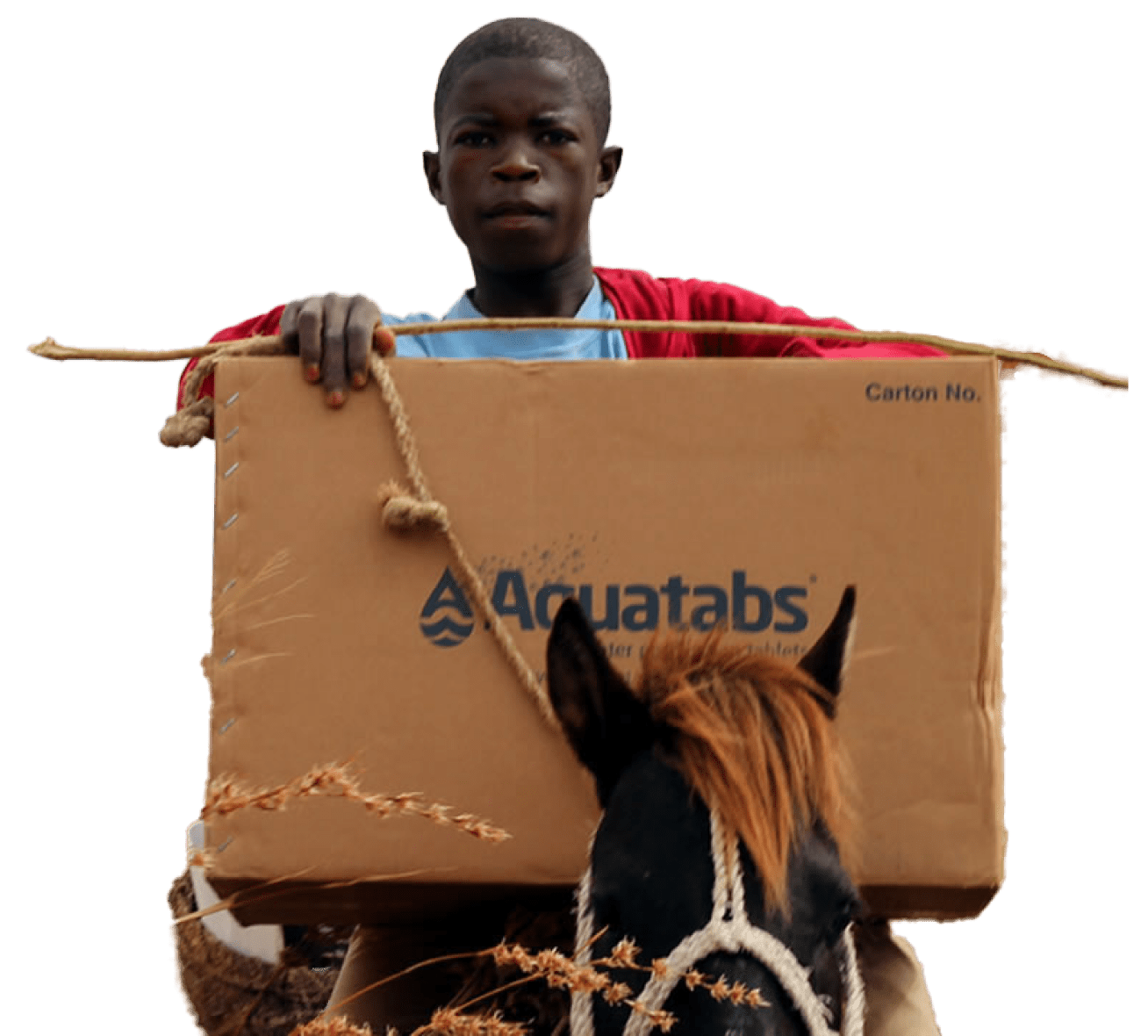The Challenge in Dhaka
In densely populated urban areas like Dhaka, the mHealth program in Bangladesh known as CHoBI7 was designed to tackle a life-threatening risk: diarrhoeal disease in children under five. While solutions like oral rehydration and safe water practices exist, ensuring this critical health information reaches families effectively is a major challenge. The CHoBI7 (Cholera Hospital-Based Intervention for 7 Days) program tested if modern mobile health technology could bridge this gap. This aligns with broader goals of improving Water, Sanitation, and Hygiene (WASH) in developing regions.

The Study: A Closer Look at the mHealth Program in Bangladesh
Researchers conducted a large-scale trial involving over 2,600 participants. This mHealth program in Bangladesh divided households with a diarrhoea patient into three groups to test different levels of intervention:
- Group 1 (Standard Care): Received the standard advice on hygiene and safe water.
- Group 2 (mHealth Support): Received the standard advice plus additional support and reminders via mobile phone messages.
- Group 3 (mHealth + Home Visits): Received mobile phone support and two in-person home visits from a health worker.
The Results: A Clear Success
The findings, published in the journal Clinical Infectious Diseases, were significant. After 12 months, the incidence of diarrhoea was dramatically lower in the groups that received mobile health support.
Crucially, the benefits went beyond just diarrhoea reduction. Children under two in the mHealth groups were significantly less likely to be stunted compared to those who only received the standard advice. This shows that the improved health and hygiene practices delivered by this mHealth program in Bangladesh had a lasting impact on child development.
The Power of mHealth in Public Health
The CHoBI7 study demonstrates the powerful role that a simple mHealth program in Bangladesh can play in improving public health outcomes. By using mobile phones to deliver consistent health messages and reminders, the program effectively empowered families to adopt safer practices, leading to a direct reduction in child illness and malnutrition. This provides a promising model for how mobile health can be used to strengthen healthcare systems and save lives in vulnerable communities.


